Family transitions such as separation or divorce often leave children with feelings they struggle to express. The uncertainty of moving between homes, changing routines, and adjusting to new dynamics can make it difficult for them to put emotions into words. Parents may worry about how to support their children during these times, especially when conversations about change feel overwhelming.
Creative activities provide a safe outlet for children to process their experiences. Art and craft projects give them tangible ways to show how they feel and can encourage communication in a relaxed setting. These approaches help children manage emotions and give parents opportunities to connect with them in meaningful ways.
Why Creative Activities Help Children Navigate Change
Children often lack the vocabulary to describe complex emotions fully. Craft-based activities allow them to communicate feelings through colour, shapes, and textures. A drawing or collage may reveal sadness or confusion in ways spoken words cannot. These projects offer comfort and allow children to share their inner world without pressure.
Having a physical creation to look at helps make emotions less abstract. For example, a child may struggle to explain what it feels like to live between two homes, but they might use drawings or patterns to represent the experience. Families also benefit from professional guidance, with support available from Manchester’s specialist family law firm when legal arrangements become part of the conversation. In other areas, parents may rely on divorce solicitors Leeds, family lawyers Leeds, or divorce lawyers Leeds to ensure arrangements are consistent and child-focused.
Emotion Jars for Understanding Feelings
Emotion jars are a simple yet effective way to help children express their feelings. Families can use jars or clear containers of coloured sand, glitter, or beads. Each colour represents a specific feeling, such as yellow for happiness or blue for sadness.
The activity begins with a conversation about emotions. Children select colours to match their feelings and layer them into the jar. Over time, the jar becomes a reflection of their changing emotional state. Parents can also create their own jars, showing children that adults experience complex emotions too.
Regular check-ins using the jars make it easier to discuss feelings. Asking children which colour stands out most that day can open the door to conversations about worries, hopes, or frustrations. For parents navigating legal changes, advice from divorce lawyers in Leeds can provide reassurance, helping them keep the focus on supporting their children.
Family Change Calendars and Routine Boards
Visual reminders such as calendars and boards provide structure and stability. Families can use colourful designs, stickers, or symbols to mark when children will be at each parent’s home, along with school activities or special events. This clear visual plan helps children understand routines and reduces anxiety about what comes next.
Children can personalise these calendars by choosing colours or symbols for each household, making them feel part of the process. This not only supports organisation but also helps children feel more secure about upcoming changes.
Calendars should remain flexible to adapt to evolving arrangements. Parents can involve children in updating them, turning changes into shared activities rather than sudden surprises. Family lawyers Leeds and divorce solicitors Leeds often highlight the importance of consistency in routines, and tools like calendars help put this into practice in everyday life.
Memory and Connection Books for Stability
Memory or connection books allow children to maintain bonds with both parents. Families can use a scrapbook, photo album, or notebook to include pictures, drawings, messages, and small keepsakes. These books can travel between households, helping children feel close to both parents even when apart.
Children may find it easier to share their thoughts and experiences by writing or drawing in the book, especially if direct conversations are difficult. Parents can use the book to leave notes of encouragement, ensuring children always feel connected.
Divorce solicitors in Leeds often advise parents to create opportunities for children to maintain healthy bonds with both households. A connection book is one way to make this tangible, reinforcing stability during uncertain times.
Worry Monsters and Feeling Friends
Crafting worry monsters gives children a creative way to release negative feelings. By sewing or crafting a soft toy with a large mouth, children can write their worries on slips of paper and place them inside. This symbolic act of letting go helps reduce stress and makes emotions easier to manage.
For children who prefer imaginative play, puppets or “feeling friends” offer another route for expression. Acting out scenarios through role-play allows children to process difficult situations in a safe, controlled environment. These activities promote problem-solving and communication skills, giving parents insight into their child’s concerns.
Parents managing family transitions often turn to divorce solicitors Leeds or family lawyers Leeds to resolve legal issues while simultaneously using creative tools at home to protect their children’s emotional well-being. Combining practical and emotional support ensures families remain resilient during change.
Giving Children Creative Tools for Emotional Growth
Creative projects are more than activities; they are tools that support children’s development during times of transition. When children feel secure enough to express themselves, they gain confidence and resilience. Parents who encourage crafts as part of family life give children safe spaces to explore emotions while building lasting bonds.
Family lawyers Leeds and divorce lawyers Leeds often stress that supporting a child’s emotional needs is just as important as legal arrangements. Projects like emotion jars, calendars, and memory books complement these legal frameworks, creating stability inside and outside the home.
Helping Families Move Forward With Confidence
Family changes are never easy, but children can adapt successfully when given the right support. Creative activities give them healthy ways to process emotions, reduce stress, and feel reassured during uncertain times. Parents who invest in these practices often find that communication improves, relationships strengthen, and resilience grows.
Alongside creative strategies, professional guidance ensures families remain supported on all fronts. Parents can combine legal clarity with emotional care through divorce solicitors Leeds, family lawyers Leeds, divorce lawyers Leeds, or Manchester’s specialist family law firm. This holistic approach helps families navigate change while building stronger foundations for the future.
Building Stability Through Creativity and Support
Supporting children during family transitions requires both emotional and practical strategies. Creative projects give children safe and engaging ways to express themselves, while legal guidance provides clarity for parents. By combining these tools, families create an environment where children feel secure, valued, and understood.
This is a collaborative post.
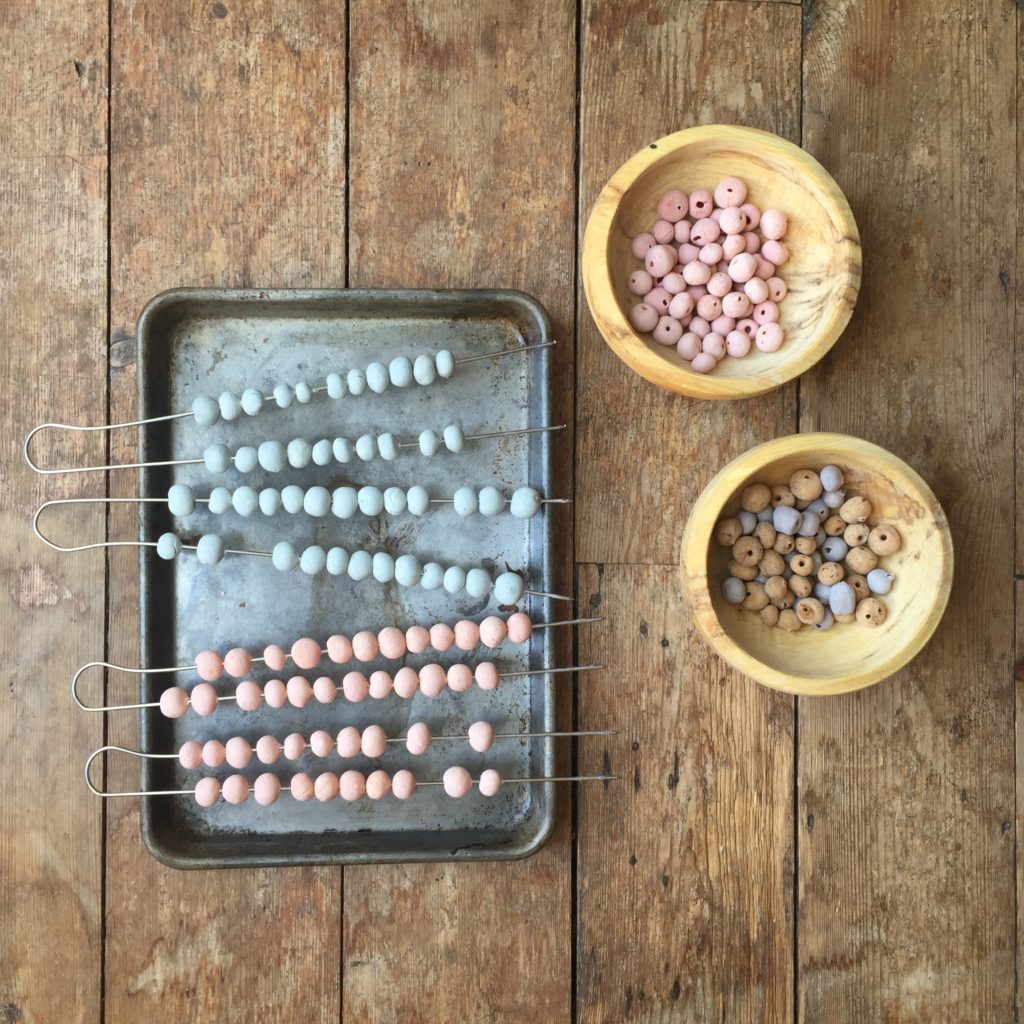
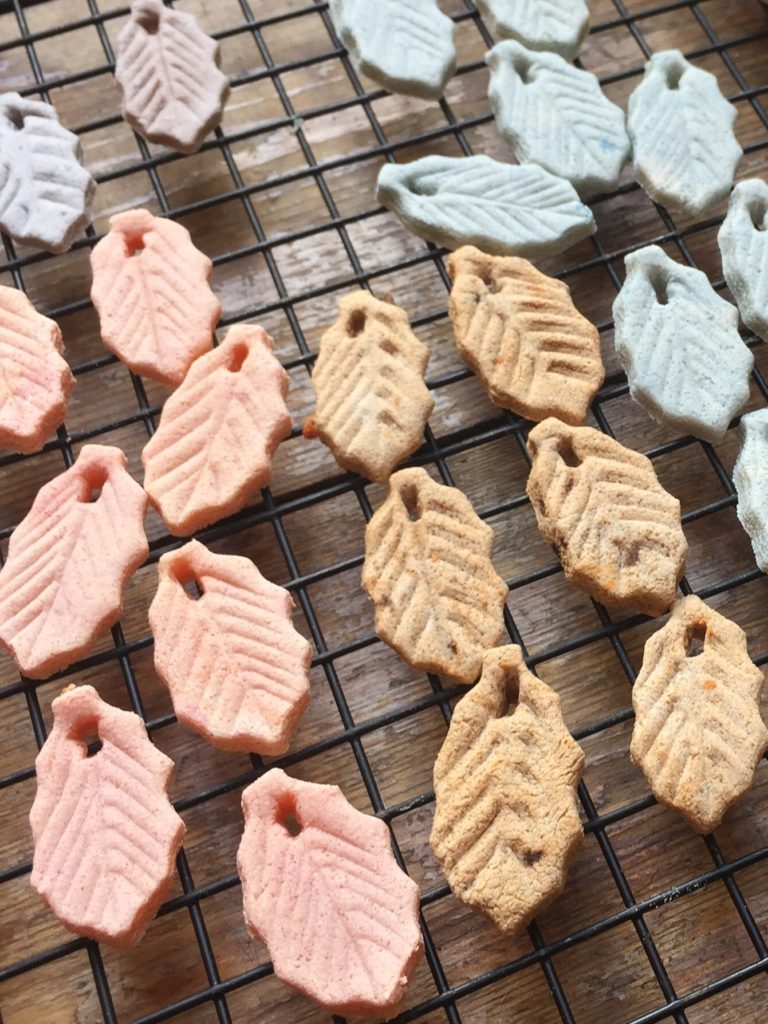






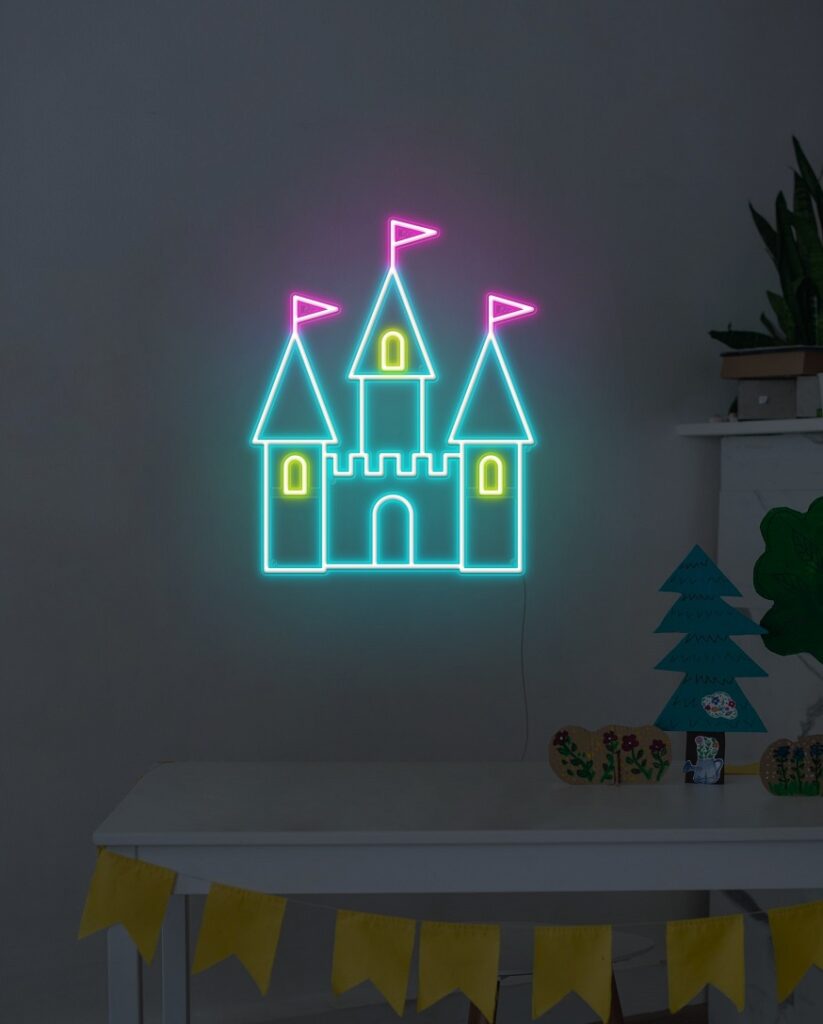
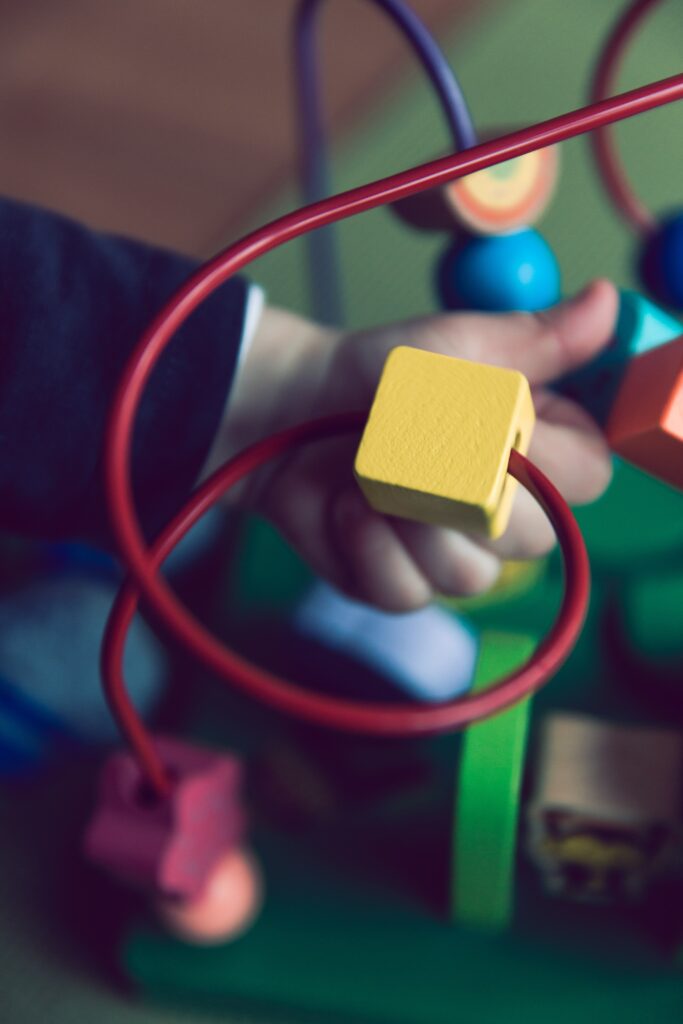





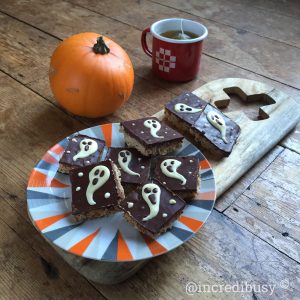 Thanks for stopping by, THIS POST HAS NOW MOVED TO OUR SISTER SITE
Thanks for stopping by, THIS POST HAS NOW MOVED TO OUR SISTER SITE
 Watch the whole video to find out more, oh, so don’t forget to click here
Watch the whole video to find out more, oh, so don’t forget to click here 


